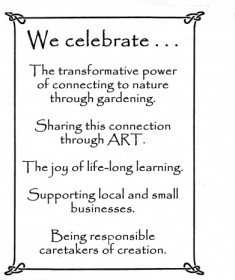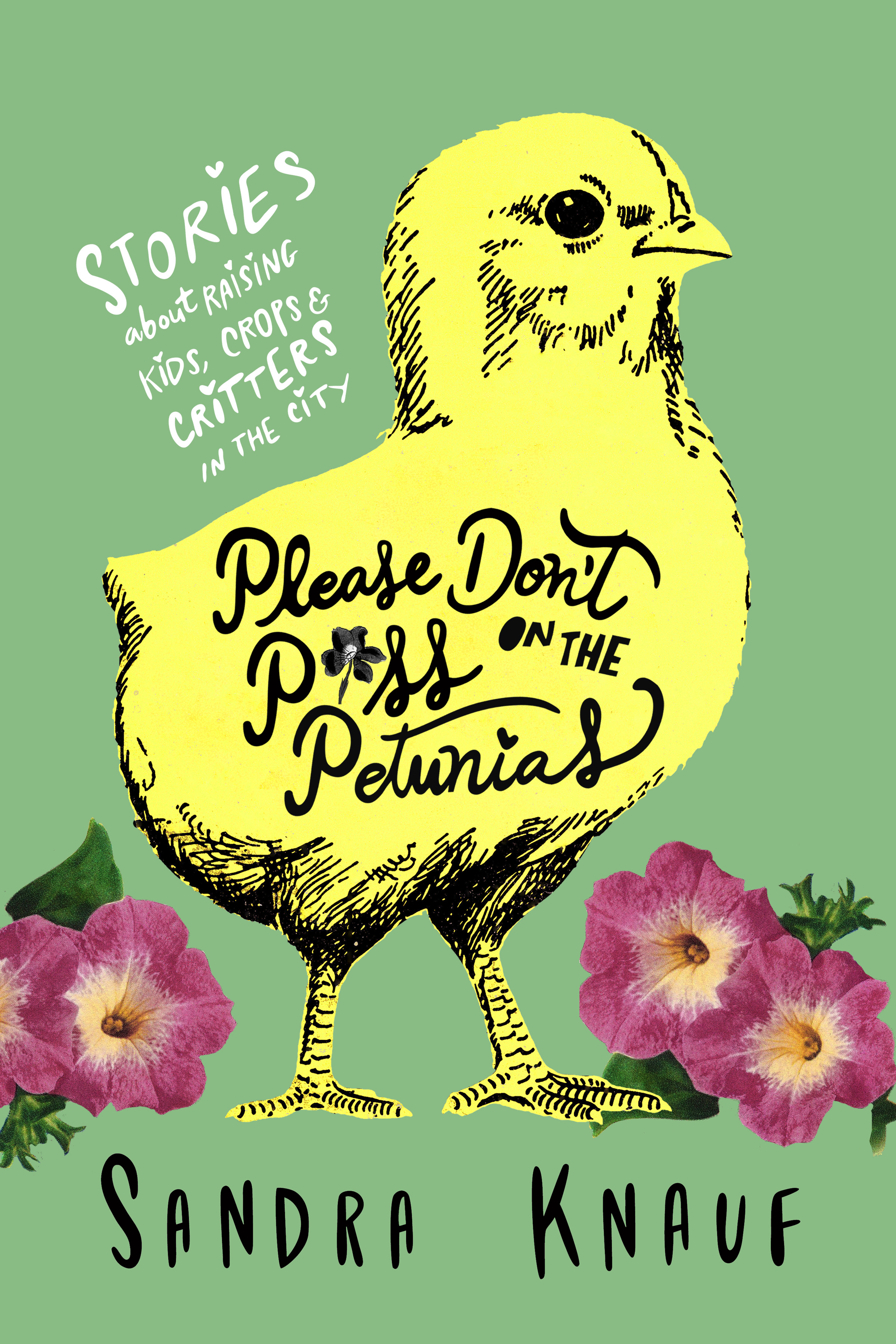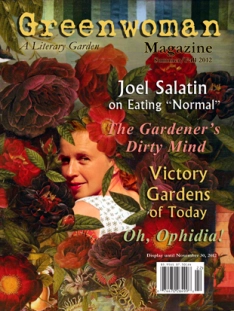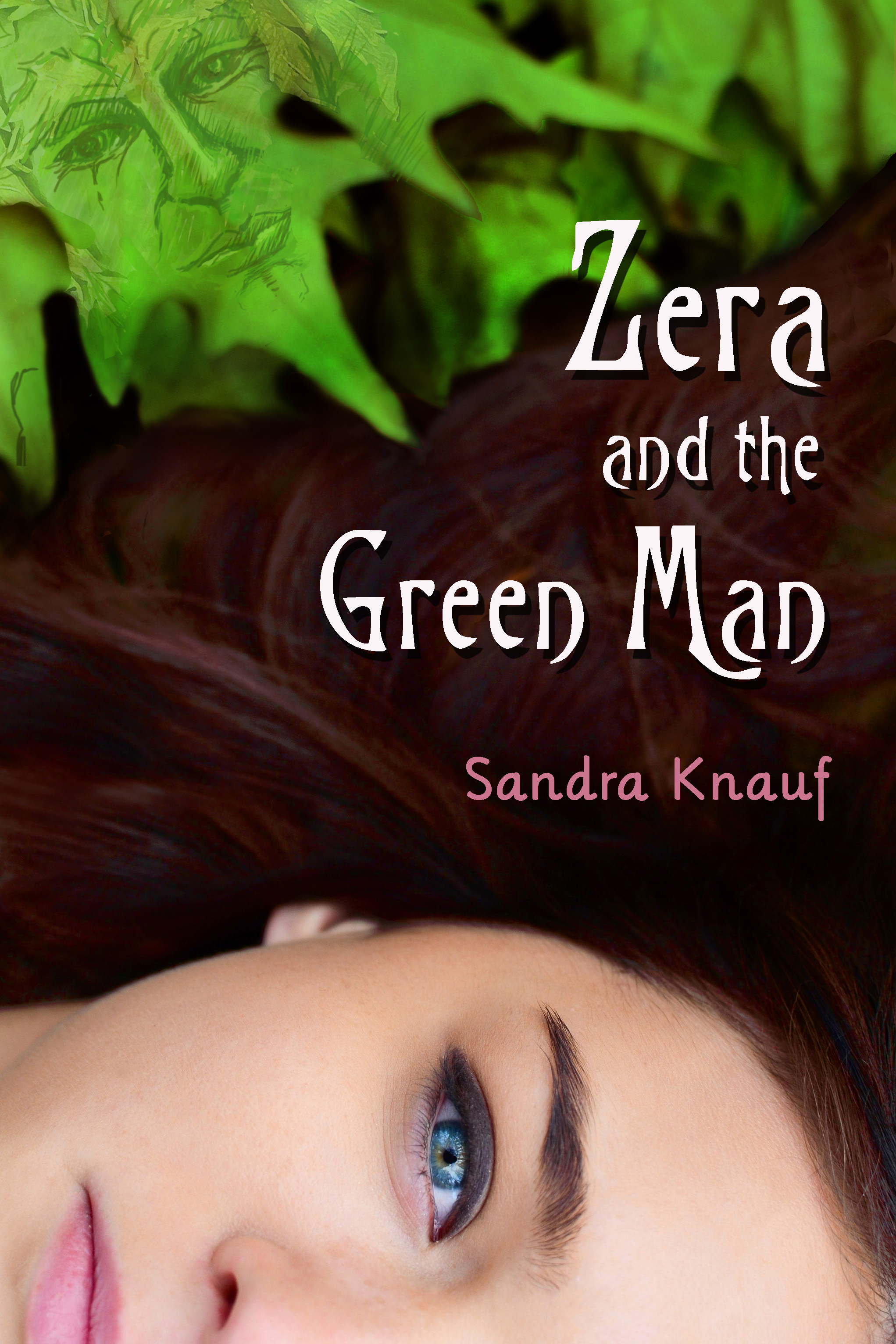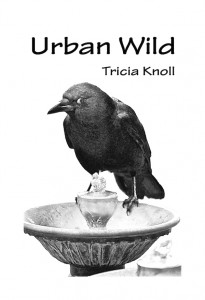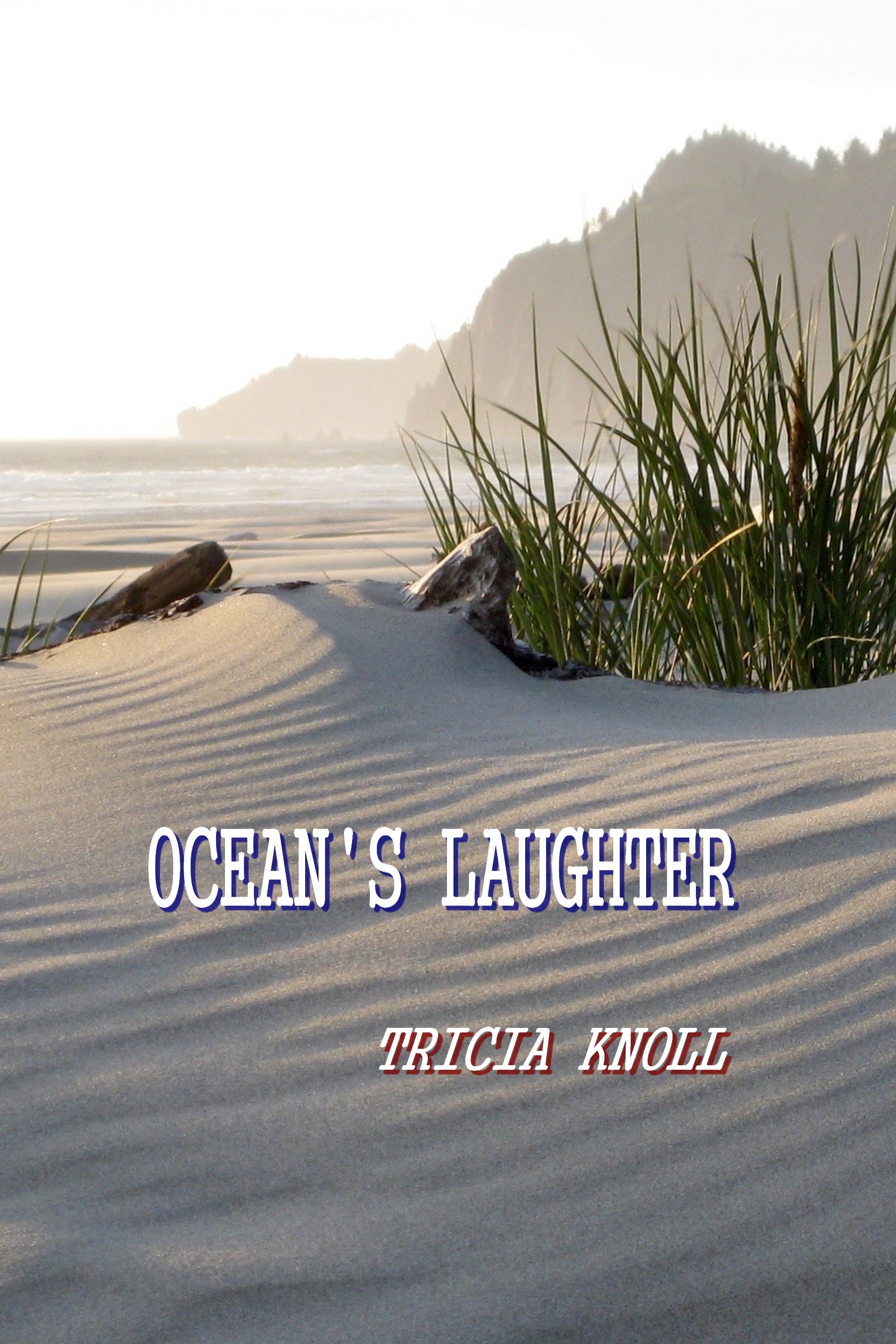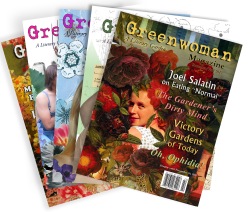
Image from Wikimedia Commons, 1916.
(There were lots of modern images, but this was the least gruesome.)
Another “oldie”—an essay that’s never been published. I felt it was appropriate as we have a new kitten in the ’hood. He’s growing big and he’s fast; sometimes we see him springing from tree to shrub to outdoor chair on our neighbor’s patio, when he’s allowed out.
—Sandra Knauf
Killers in the Garden
My adolescent daughters saw him first, slinking around our front garden. They squealed as if they had just spotted Chris Hemsworth or Channing Tatum.
“Oh, look!”
“He’s so cute!”
“Wonderful,” I said, eyeing the object of their affection. “Just what we don’t need. A new neighborhood cat.”
“Awww, he’s a nice kitty,” they cooed.
A few days later, I discovered Artemis (they had named him) in the wicker chair by our front door, napping comfortably, like he owned the place. He opened one eye, not at all startled to see me. Handsome (and he knew it), young, a big grey tiger with lovely green eyes.
Already we had a routine.
“Meow,” he said.
“Scoot!” said I.
He darted off across the yard, parkway, street.
I began my Saturday morning watering and a few minutes later, Artemis came from around the side of my house, whisking off in the direction of the street as frantic cheeping sounds came from his mouth. “You little bas. . .”
But already he was gone. More outdoor chores. Two birds screeched, flying around the ash tree out front. Artemis was close to their nest, about fifteen feet up.
This time my daughters came outside.
“Oh no!” they squealed. “He’ll fall and kill himself!”
“We should all be so lucky.”
My snarky remark did not come from disliking cats, but over the last decade I’d changed. I’d become a . . . gardener. Gardeners develop a deep fondness for the feathered folk. As we work outside, we commune with them. We watch them build nests, hop around flowers and puddles, pull worms from the ground, snatch moths from the air, make glorious birdy love on fence and roof line and tree branch and on the potted plants and everywhere else. We provide water, shelter, and sometimes food. We admire and feel protective of their offspring. In return, they share their appreciation (I feel this often) and their songs. They watch us too, working and playing in the garden, experiencing our little life dramas and joys. They are tender companions of a different sort. Our gardens, for them, are sanctuaries.
At the same time, I admire predators. I love their grace and daring, their beautiful sleek fur, large eyes, and intelligence. We’ve shared our lives with a few well-loved cats over the years.
But here’s the troubling part. A study of Felis catus (the domestic cat) and their hunting habits was conducted in Great Britain a few years ago. The time period of the study was between April 1 and August 31 (breeding season) and the number of cats was 696. Based on their studies, they concluded that a British population of 9 million cats brought home an estimated 92 million prey animals. Over half were mice or rats but 27 million were birds. Again 9 million cats, one breeding season, 27 million dead birds.
Another study in southeast Michigan estimated deaths were higher, about one bird per week, per cat. This would be 198 million birds in Great Britain in that same five month period, or more than 7 times their estimate.
The British study noted that when cats were kept in at night the numbers were significantly lower, as were the numbers when owners attached bells to cats’ collars. Of course, the number of dead playthings or trophies kitty brought home was negatively related to kitty’s condition and age.
I guess this makes sense (bell them, lock them up) but I am one of those people who hate to see cats shut up inside. To exclude them a thousand exquisite joys of nature, which includes the healthfulness of fresh air and sunshine and the freedom to live to their full potential of cat-ness (which, yes, includes hunting) is, at least not to me, acceptable.
So, what’s the solution? As they say in all relationships, it’s complicated. However, that shouldn’t prevent us from making good decisions or trying to come up with better solutions for harmonious living. We all know it’s possible.



